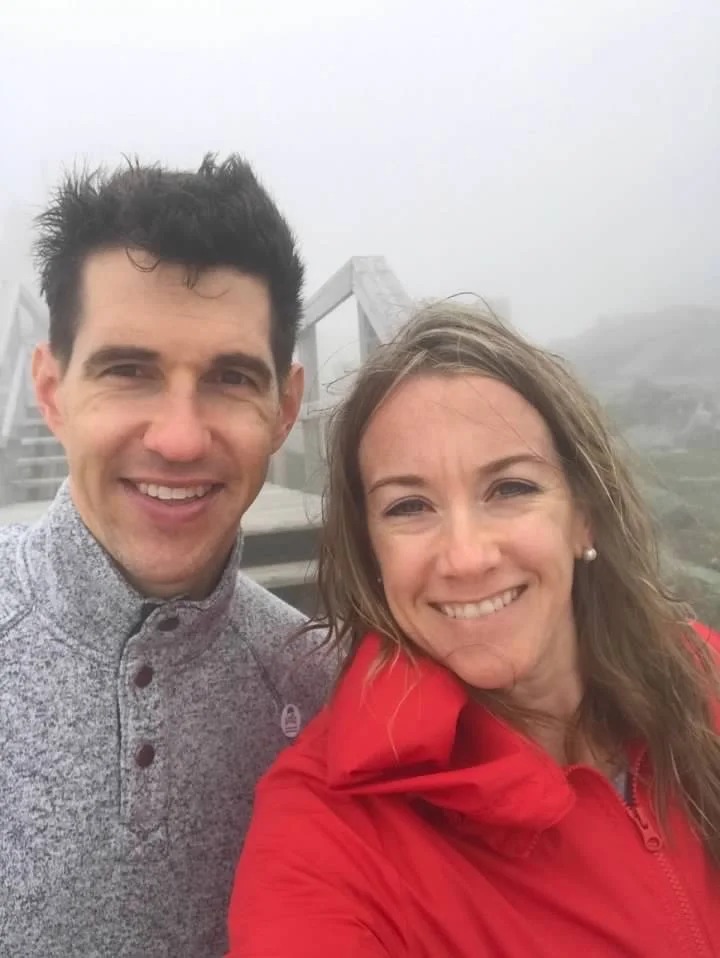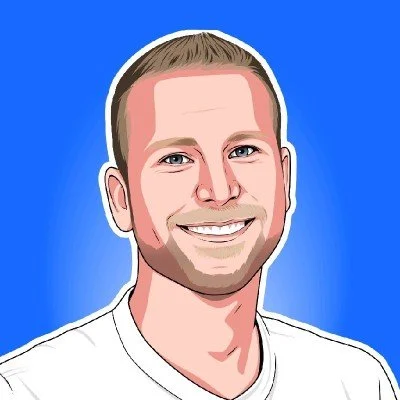The First Step to the Top of the Mountain
I’m a pretty adventurous but one thing I will not do is climb Mt. Everest.
Actually, I won’t be climbing to the top of any mountains anytime soon. Many of them are very cold and I’d prefer to have assistance getting up so I can enjoy the experience when I get to the summit.
The Movies
There are numerous films that explain the dangers (and thrills) of climbing the world’s highest point and others.
Here’s a few:
14 Peaks: Nothing is Impossible
I love watching these to understand what it takes to actually climb at that level. It’s not safe (my opinion) and you have to dedicate months at a minimum to being able to do it.
It’s also quite a business (see the third movie I listed).
I just made a social media post about challenges and how they help you grow. Intentional challenges are particularly exceptional at helping you be better. Climbing to the top of Everest would be someone’s choice and the sense of accomplishment alone (if successful) would provide an amazing confidence boost.
I wouldn’t rule it out completely, but even with the potential benefits, the films have taught me enough that it would be hard for me to commit to such a journey.
The Start
My wife and I did drive up Mt. Washington!
I don’t completely doubt my to ability summit a huge mountain. However, it would take tremendous effort and commitment to begin.
I liken many endeavors in our lives to this scenario. Human beings are an imaginary species.
What Separates Us From the Animals? says “Humans are avid scenario builders.” The article is much deeper but that sentence stuck out to me because it expresses that we are creative.
This creativity is a blessing and a curse. We have an amazing ability to anticipate things that haven’t happened yet - possibly even things that have never happened.
I work in an industry where there are a lot of predictions. I don’t think it would be the same if we couldn’t imagine what the future looked like. We’ll stay committed to serving families at Initiate Impact regardless of what we can predict, but it is a benefit.
The drawback of predictions is that they are guaranteed and sometimes a false prediction can turn into a worry that limits us.
We might enact the flight response, or even the fight response, inadvertently.
Don’t let this prevent you from starting a challenge.
Hard is Good
Intention is a powerful force in our lives. I mentioned above about the importance of purposeful challenges. I encourage you to seek hard things in your life that you’d like to accomplish.
They give you an opportunity to enjoy something and provide tremendous lessons and growth. Most unintentional challenges don’t include the “enjoying” part.
If I was forced to summit Everest, I would hate it. It might feel good afterwards but it would be more relief than anything.
Choose your challenges.
No Regrets
The hardest thing I have ever done professionally is start a business. I could (and I may) write a book about starting a Registered Investment Advisor (RIA firm).
People have asked me why we (my business partner, Stacee, and I) did it and how it’s gone. My answer is always great and hard - that good hard I was talking about.
The great thing about intentional challenges is that they don’t come with regrets. Regrets come from lack of action.
The other question that we get is, “Any regrets?”. This answer is simple. “No.”
This type of question usually comes from someone else who was in the position we were in prior to our transition. They are either looking for someone to let them off the “regret hook” by telling them not to start their own company or they are looking for one final straw to break the back of the employee camel.
My “no” is always followed by a “why do you ask?”.
Maybe I’m nosy but I want to know what’s running through their head.
The vast majority of the time they are picturing a mountain in front of them. Those that want to be rescued are hoping my response doesn’t “force” them to take the first step. The others are just doing their “due diligence” before they start climbing anyway.
In other words, I believe the people that don’t want to do it will probably keep asking someone until they get a “no” and end up not doing it (because no one could actually force you) and the others will take on the challenge even if I give them a long list of regrets and reasons why I should have stayed put.
See “The Psychology of Regret” by Dr. James Tobin for a deeper dive on its effect.
Quick Decisions
I got a mic, desk clamp/stand, wind screen, and headphones in the mail last week. I’ll be recording the audio version of my book, Personal Finance in a Public World, in the coming weeks to release the audible version. This is very exciting and will rekindle my passion for media, technology, and finance.
The equipment also reminded me about the commitment I made to write the book. You could say it was a bit reckless but I believe it was intentional - the great thing about intention is that it doesn’t have time requirement.
I will disclaim that you should always take enough time to consider the consequences of any challenge (i.e. the mortality risk of climbing Everest). However, this doesn’t mean you need to overthink things. Overthinking leads to paralysis by analysis.
I had thoughts about writing a book prior to 2021. Yet, the decision to write one came very quickly.
Around the time Stacee and I left our former employer, I decided to reach out to some publishers about writing a book. To my surprise, a couple got back to me with interest in my idea. New Degree Press, my publisher was one that got back to me. I explained how far along in the process I was (not far at all) and was quickly connected to Creator Institute.
I had a web conference with Eric Koester, the leader of the program, on a Monday morning at 10am. He explained to me that the next cohort of writers had their first meeting at 12pm - the same day!
I had two hours to decide if I was going to do this. You know the result at this point but if I had two days or two weeks, I probably would have said “no” (ironically, that “no” would have led to regret).
I thought hard for two hours so it wasn’t hasty but the time crunch did contribute to my decision making process.
The Action Framework
Simple is better every time when it comes to decision making. I lay out an explanation and argument for avoiding decision fatigue in the book. I believe that it comes due to volume of decisions and is magnified in complex situations.
I am asking you in this writing to make some hard decisions to do some hard things. You should not be fatigued when making them. If you are tired, burnt out, sick, unhealthy, or suffering from anything else that would provide unwanted stress, stop reading this and fix that first. Then, start reading back at the top of the entry.
I find that even resting is intentional action. This is different from being lazy which is unintentional action. The Action Framework is not a reason to overwork yourself. It’s a reminder that taking action after clear thought is essential to personal growth (and impact project or company growth).
Framework is probably not a great name for the process I am talking about because it seems complex. It’s not that in any way.
Here’s the simple process for making educated decisions to do hard things:
Acknowledge you’re not currently challenged
Choose an area you’d like to improve in
Identify challenge opportunities
Assess risks - choose another if too many
Do it
The only place you can get stuck is if you identify risks with too many opportunities. In that case you need to dig a bit deeper for positive challenges in your desired area of growth.
Confusing Learning with Acting
I have one potential roadblock that I have noticed is becoming more popular these days.
It’s the free information rule. There’s so much information out there that we have come to believe that learning is infinitely productive. It’s not. But, it’s complicated.
Learning is incredibly productive until a certain point at which its value tumbles off a cliff. The mind loves to take in information until it can’t anymore. But even before that point, you can only use so much of it at once.
Your learning productivity falls off the cliff when you get to a point when you’ve maxed out the amount of information you can hold without having to readdress your sources during execution. I can almost guarantee you that this point is a lot sooner than you may think.
Learning should be more functional than aggregational.
Check out Mark’s website for his podcast services.
I listened to a podcast this morning hosted by a friend of mine, Mark Savant. He was the guest on Speaking of Impact episode 36.
On the most recent episode of his show, The Afterhours Entrepreneur, he talked about being an “action taker” vs. an “action talker”. We’re all talkers to some degree. What sets apart the impactmakers is the taking.
Listen to the episode. Mark will inspire you to take action.
Learning to Act
I should be careful to criticize learning or else the family kindergarten teacher (my wife, Mrs. DePasquale) will not be too happy. With that in mind, I’ll close with encouragement to learn.
Learning can be hard. It’s actually part of taking action if you commit to it. Use the not so complex framework to identify your challenge and then learn everything you can about it as you go.
Most importantly, learn to take action over taking more information.


